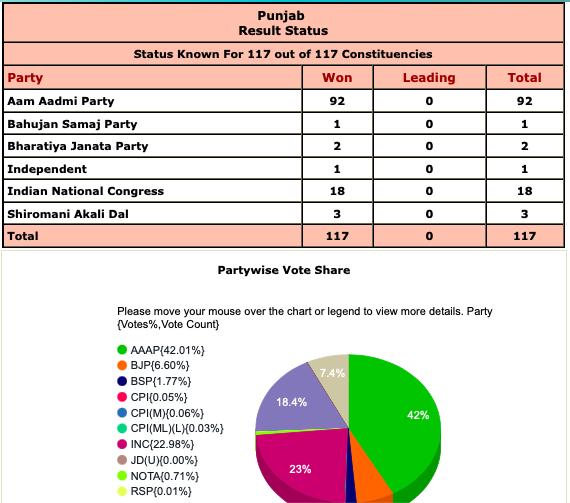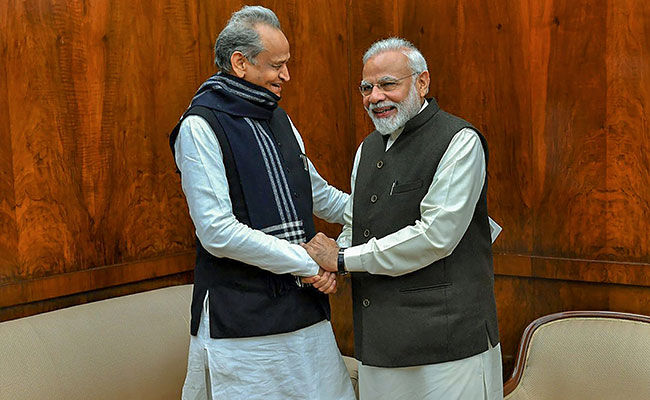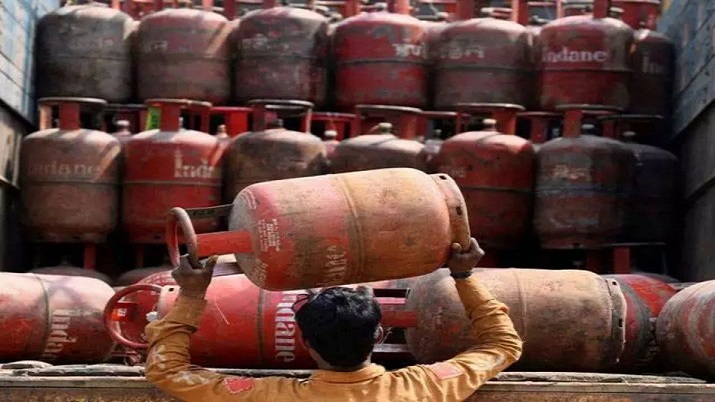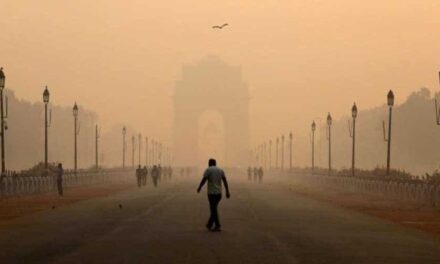Bhagwant Mann and Arvind Kejriwal as their Aam Aadmi Party raced to victory in the Punjab Assembly elections on Thursday.
In Punjab, the Aam Aadmi Party is not invoked by name but by its symbol – “jhaadu” or broom. This year, the party lived up to its symbol as it swept the assembly polls winning 92 out of the state’s 117 seats.
The incumbent Congress, by contrast, managed to retain just 18 and the Shiromani Akali Dal in 3.
Traditionally, Congress and SAD the two parties have alternated in power in Punjab. In these elections, most of their prominent leaders have lost their seats.
The heavyweights of Punjab politics have been eclipsed by Bhagwant Singh Mann, a comedian turned politician and the Aam Aadmi Party’s chief ministerial candidate.
A vote for change and a deep-rooted disillusionment with politics as usual, Mann’s personal popularity and a resonance with young voters seem to have powered the extraordinary rise of the Aam Aadmi Party in Punjab.
Everywhere in Punjab, the common refrain is that the Congress and the Shiromani Akali Dal had been given chances for 70 years, so it was now the Aam Aadmi Party’s turn.
But this is a state that is unforgiving of governments that fail to live up to promises it is rare for a party to return to power for a second term.
The Aam Aadmi Party will also be held to its promises. If it fails, voters say, “we will teach them a lesson, too”.
The party projected itself as the alternative to the corruption of the traditional powerholders, the messy infighting of the Congress and the ossified dynastic politics of the Shiromani Akali Dal.
“Almost every other big building or hotel here belongs to a politician – what have they done for the common man?” asked Gurcharan Singh, a tour operator in Mohali, referring to previous state governments.
“We want change. Someone who works for the people and not himself.”
In almost every public meeting, the Aam Aadmi Party pointed to its record of governance in Delhi.
The 10-point Punjab Model promised in the party manifesto echoes the Delhi model jobs, a crusade against corruption, free electricity and investment in health and education.
In Punjab, as in Delhi, the Aam Aadmi Party promised to open “mohalla clinics” or primary healthcare centres that offer consultation and medicines free of cost.
It also promised to deal with the state’s notorious drug cartels – the Congress and the Akalis are widely believed to have gone soft on them over the years.
In Punjab, more than in any other state that saw elections this time, the pre-poll conversation was centred on governance rather than communal identity.
However, the Aam Aadmi Party also promised justice in the 2015 sacrilege case, where two people protesting against the desecration of the Guru Granth Sahib were killed in police firing.
Neither the Congress nor the Akali Dal, a Sikh-centric party, had delivered on their promises to bring justice in the case.
In a novel way then in January, the party conducted a state-wide phone poll to select a chief ministerial candidate and Mann won by a large margin.
For many in Punjab, Mann was a natural choice. Long before he joined politics, the comedian who became popular for his political satires, had a loyal fan base in the state.
In the 2019 Lok Sabha elections, when the party was riven by internal strife, Mann was the only parliamentarian to retain his seat.
Mann’s personal popularity is fuelled by his image as a “common man”.

In Satoj, the village where he was born, local residents speak of how he visits his mother, who still lives in the modest family home.
Mann belongs to South Punjab’s Malwa region, which covers 12 out of the state’s 23 districts.
The Aam Aadmi Party has done well here in the past in the 2017 assembly elections, 18 of the party’s 20 seats came from Malwa. But Mann’s personal popularity across Punjab helped the Aam Aadmi Party spread its footprint in other regions as well.
The Aam Aadmi Party’s promise of jobs also seems to have resonated with the youth in Punjab.
In almost every village, there are posters advertising coaching centres for the International English Language Testing System.
The advertisements point to a larger problem the lack of jobs within the state that has forced the youth to look for opportunities abroad.
Widespread economic migration from Punjab has become an established trend over the years.
More recent farm distress and the economic strain caused by the Covid-19 pandemic have exacerbated this trend.
“Earlier, a youth would go to Canada after finishing college or university,” said Gurdeep Singh, the headman of Ludhiana’s Sarwarpur village, in February. “Now, we are seeing young people moving out after completing their 10 plus two.”
In its election campaign, the Aam Aadmi Party promised to reverse this trend. “We will make such a prosperous Punjab that the youth who went to Canada for employment will return in the next five years,” party chief Arvind Kejriwal had said in January.
As it forms its first government in Punjab, the Aam Aadmi Party has its work cut out.
The government will inherit a slew of challenges, from corruption to the mass migration of the youth, which has drained the state of human capital.
It also takes over a state with shambolic finances. “The first and foremost challenge to the new government will be reviving the dysfunctional fiscal policy. It faces a mountain of debt – Rs 3 lakh crore,” said Lakhwinder Singh, professor emeritus at the department of economics at Khalsa college, Punjabi University.
Finally, the Aam Aadmi Party inherits a state that was the crucible of the hugely successful farmers’ agitation against the three farm laws introduced by the central government in 2020.
A determined, year-long agitation prompted the government to repeal the laws. It also pointed to a stagnant and despairing farm sector.
In a border state that was once home to an armed movement for secession, governments have often been preoccupied with security.
“Since the mid-1980s, when Punjab was in turmoil, it has not [got over] security concerns [and is] not engaging in development,” elaborated Singh.
As it takes charge, Singh felt, the Aam Aadmi Party needs to introduce a reset.
Instead of security, it needs to invest in policies and measures that lead to economic development.
The farmers who camped at Delhi’s borders for months to protest against the three laws will be watching whether the Delhi model is truly implemented in Punjab.









